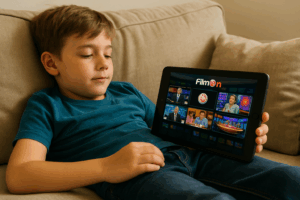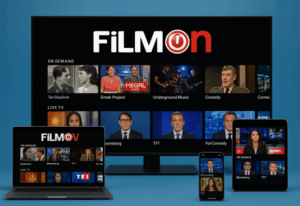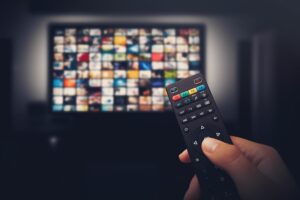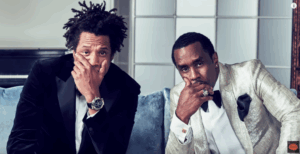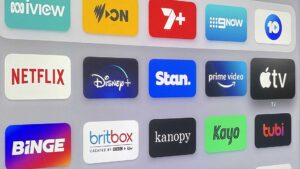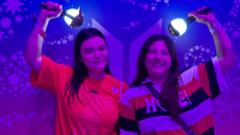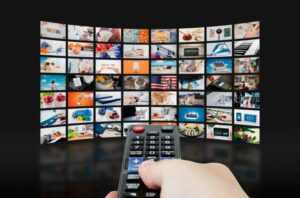Drake initially claimed that Universal and Spotify engaged in unethical practices to promote Lamar's song, alleging it misrepresented streaming numbers. However, he voluntarily withdrew the case after discussions with the companies, though a related suit in Texas against Universal and iHeartRadio remains active.
Drake Withdraws Legal Action Against Universal Music Over Kendrick Lamar Track
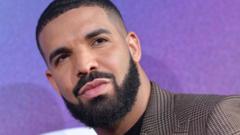
Drake Withdraws Legal Action Against Universal Music Over Kendrick Lamar Track
Canadian rapper Drake has dropped a legal case against Universal Music and Spotify, which accused the companies of manipulating streams for Kendrick Lamar's diss track "Not Like Us."
In a significant development within the ongoing feud between hip-hop titans, Drake has unwound his legal action originally filed last November against Universal Music and Spotify. He accused the music giants of employing nefarious methods, including bots and payola, to artificially inflate the streams of Kendrick Lamar's controversial track "Not Like Us," which contains allegations about Drake's personal life.
The decision to halt the legal pursuit was confirmed in a New York court filing, with Drake's legal team meeting with representatives from both companies to reach the agreement. Spotify, previously opposed to Drake's case, expressed no objections to the withdrawal, while Universal Music, which did not formally challenge the action, opted to maintain its stance.
The accusations emerged amidst a long-running rivalry between the two artists, with "Not Like Us" being perceived as a pivotal jab directed at Drake. The song’s lyrics suggest inappropriate behavior, which prompted a swift response from Drake via his own track, "The Heart Part 6." In his defense, Drake denied all allegations, stating he has never been involved with minors and suggested he may have fed Lamar "false" information through a "double agent."
As the tension between the pair continued to unfold, the backlash didn't deter the success of "Not Like Us," which debuted at number one on the US charts and garnered over 1 billion streams on Spotify. In his court filings, Drake alleged that Universal leveraged lowered licensing rates for Spotify to further amplify the song's perceived popularity.
Despite his initial intentions, many industry insiders viewed the lawsuit as tenuous, and entertainment experts suggested it may have unintentionally drawn further attention to the very allegations that Drake sought to quash. Currently, he faces an unresolved lawsuit against Universal and radio network iHeartRadio in Texas, while the fallout from the initial claims continues to linger in the media landscape.
The decision to halt the legal pursuit was confirmed in a New York court filing, with Drake's legal team meeting with representatives from both companies to reach the agreement. Spotify, previously opposed to Drake's case, expressed no objections to the withdrawal, while Universal Music, which did not formally challenge the action, opted to maintain its stance.
The accusations emerged amidst a long-running rivalry between the two artists, with "Not Like Us" being perceived as a pivotal jab directed at Drake. The song’s lyrics suggest inappropriate behavior, which prompted a swift response from Drake via his own track, "The Heart Part 6." In his defense, Drake denied all allegations, stating he has never been involved with minors and suggested he may have fed Lamar "false" information through a "double agent."
As the tension between the pair continued to unfold, the backlash didn't deter the success of "Not Like Us," which debuted at number one on the US charts and garnered over 1 billion streams on Spotify. In his court filings, Drake alleged that Universal leveraged lowered licensing rates for Spotify to further amplify the song's perceived popularity.
Despite his initial intentions, many industry insiders viewed the lawsuit as tenuous, and entertainment experts suggested it may have unintentionally drawn further attention to the very allegations that Drake sought to quash. Currently, he faces an unresolved lawsuit against Universal and radio network iHeartRadio in Texas, while the fallout from the initial claims continues to linger in the media landscape.


